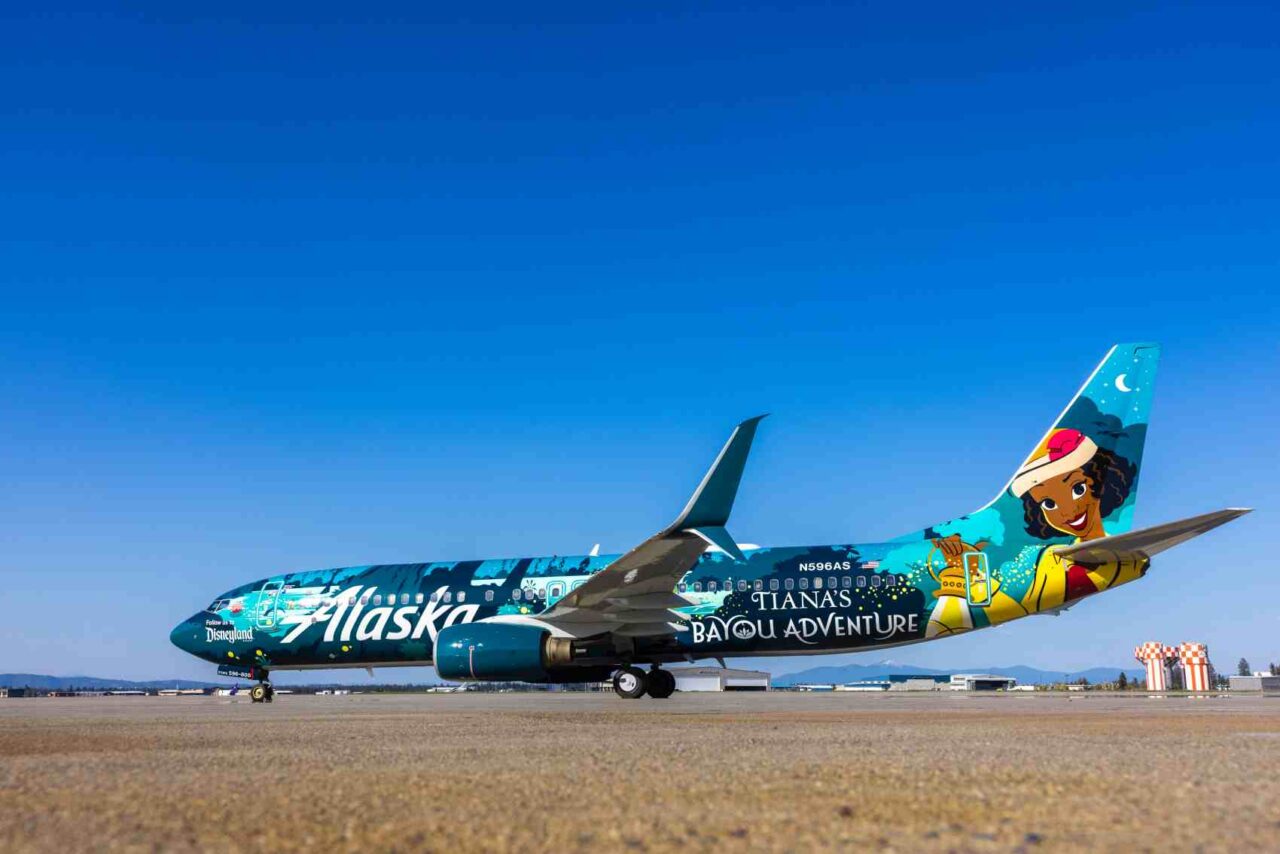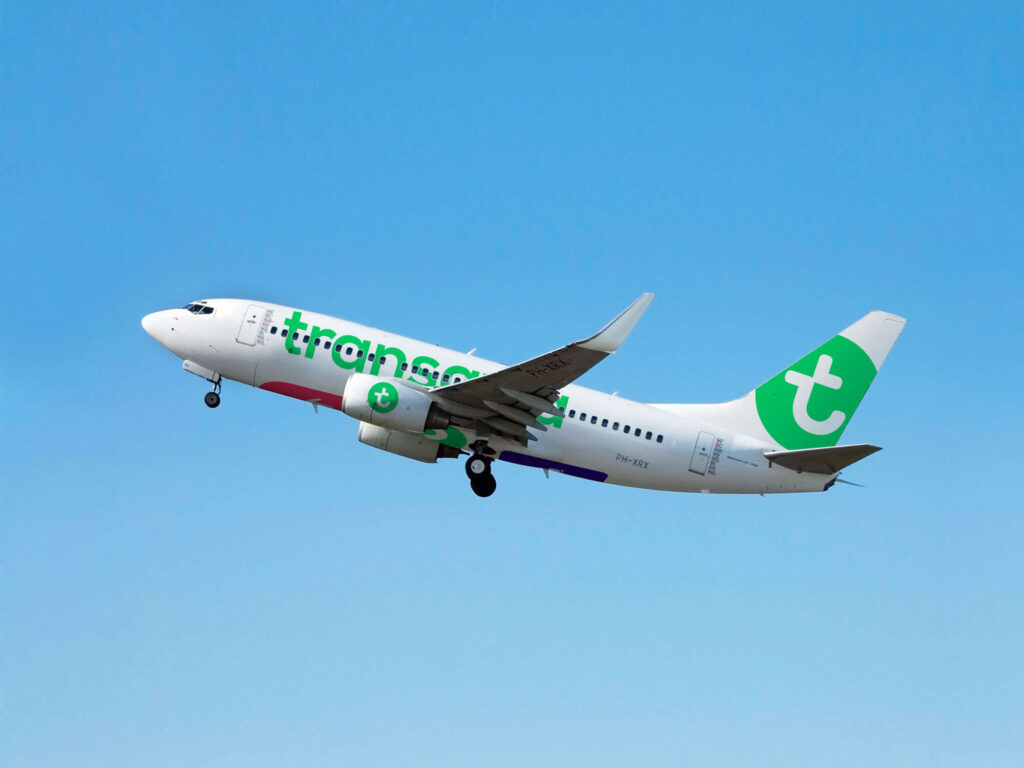Transavia Ventures invests in startup FlyWithLucy (Lucy), the first electric airliner that focuses entirely on electric flying. The step fits in with Transavia’s ambition for further sustainability. With this investment, the airline will make sustainable electric flying accessible to consumers in the future. The two parties signed the agreement during the World Aviation Festival in the RAI in Amsterdam, where the global aviation sector comes together for three days.
Amsterdam October 6, 2022
Marcel de Nooijer, CEO Transavia: “We are going to make flying with Transavia more sustainable. And so we also explore and investigate various future scenarios. The investment in Lucy is the third promising technological solution in our sustainability strategy this year. We were the first low-cost airline to start refueling with Sustainable Aviation Fuel (SAF): this reduces emissions. Still limited, due to low availability and high costs, but it’s a good start. In addition, we are a partner in the construction of a hydrogen infrastructure around Rotterdam The Hague Airport, in order to be able to fly with hydrogen. Finally, with Lucy, we are investing in electric flying.”
From 2025 from Eindhoven
Lucy will offer its first electric flights from Eindhoven Airport in 2025. A completely new ecosystem of universities, start-ups, corporates and aircraft manufacturers are joining forces. Lucy starts with 5 seater e-planes with a range of about 250 km. The ambition is of course larger e-planes with a greater range. First as a replacement for the existing regional aviation and eventually integrated into the current route network of the commercial aviation companies.
From the business to the leisure traveler
Teun Kraaij Founder of Lucy: “Electric flying focuses in the first phase on the business traveler. Thanks to the partnership with Transavia, we can also offer electric flights to holiday destinations at an accelerated pace. By 2030, we will have the technology to take over parts of routes from existing airlines.”




